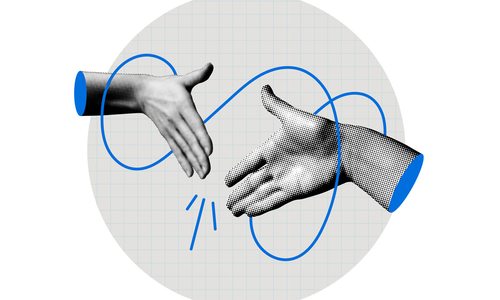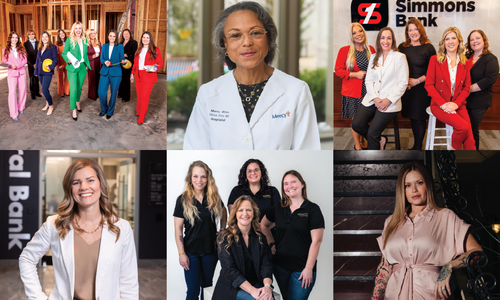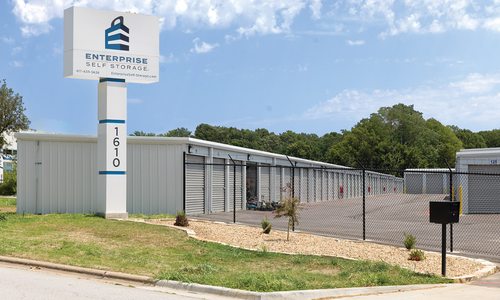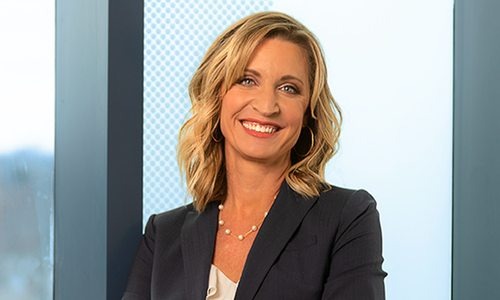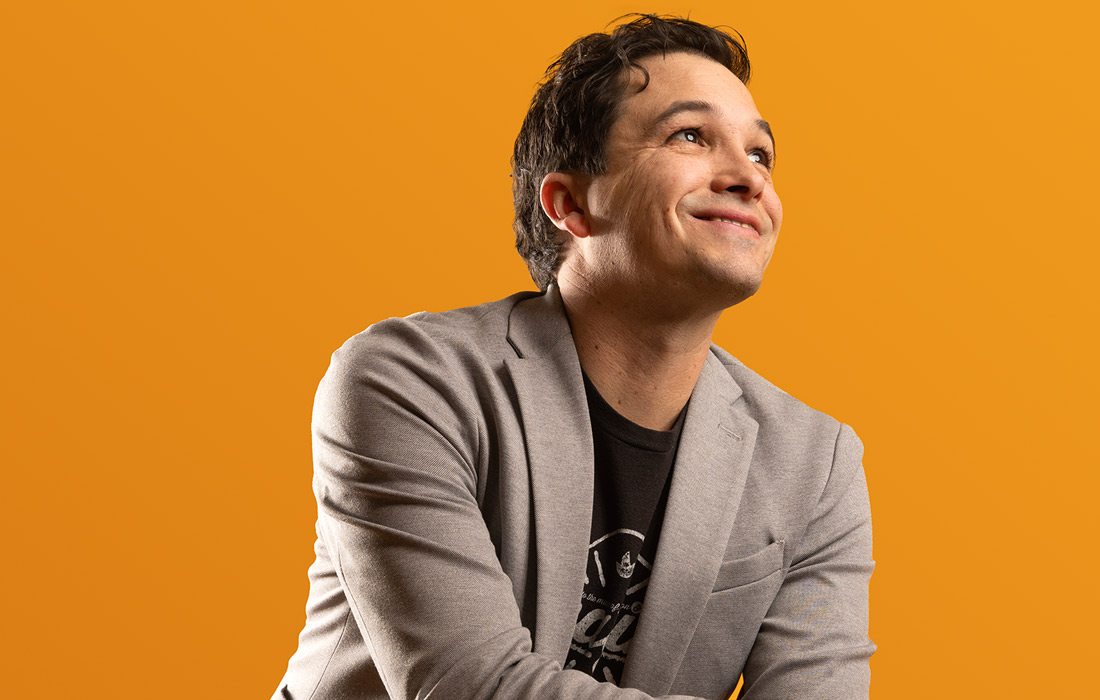
Strategy
Future Proofing with Seth Harrell
417-lander Seth Harrell has a master’s degree in a unique field: foresight. Last year, he was selected as an emerging fellow by the Association of Professional Futurists.
By Lucie Amberg
Jan 2023

Biz 417: “Futurist” may be an unfamiliar term for some people. How do you describe what you do?
Seth Harrell: The easiest way to describe it is to note that the uncertainty of the future is increasing. My job is to decrease the amount of uncertainty. My role is not to predict anything; we try to stay away from that. Most businesses focus on a three-to-five-year strategic plan. It’s easier to make a five-year plan if you’re looking 10 years out. But how do you do that when things are so uncertain? Once you get to the five-year mark, data isn’t quite as useful because uncertainty becomes so great at that point. That’s where people like me jump in. Things will still be uncertain, but we know the underlying drivers in the world that are creating change. We can make plans and find opportunities in that.
Biz: Are you saying that while we all like to make data-based decisions, it’s hard to do that more than five years out because there are so many potential variables in play?
S.H.: We start with the hard data and go out as far as we can. At some point, it becomes so uncertain that data won’t tell you much anymore. The workspace becomes more qualitative. [Futurists] try to future-proof your strategic plan. For example, a lot of schools had strategic plans in place that might have been finished right as the COVID-19 pandemic started. How many of those plans had anything incorporated to allow for flexibility and changes with a wild-card pandemic? Our philosophy is that you need to build flexibility into those plans. We try to re-frame your idea of what your strategic plan should be to make it more easily achieve your goals—in spite of all the changes going on in the world.
Biz: This reminds me of the Great Game of Business management style. Developing contingencies and preparing for worst-case scenarios are components of that system, and it sounds like a futurist can help you envision what those contingencies and worst-case scenarios might be.
S.H.: Exactly. Scenarios are the heart of foresight. We try to take all this uncertainty and develop scenarios—usually three to five. You don’t want to do too many because it can be too much to think about, but it’s easy to carry three to four images about what your organization might be facing in your head. The goal of the scenario isn’t to predict exactly what’s going to happen but to broaden your thinking about what is plausible in the future. Hopefully, it challenges your assumptions about how business is operating in the present. If you challenge your assumptions, you can find your blind spots to make you more future-proof.








